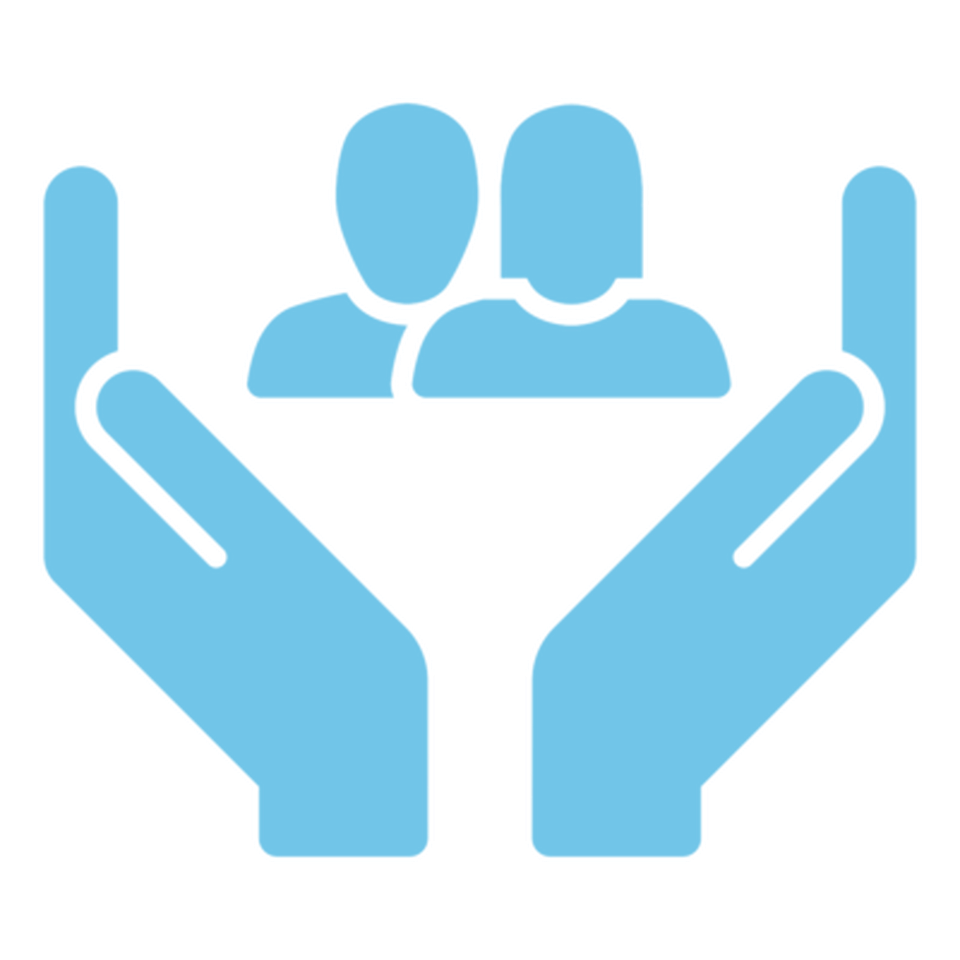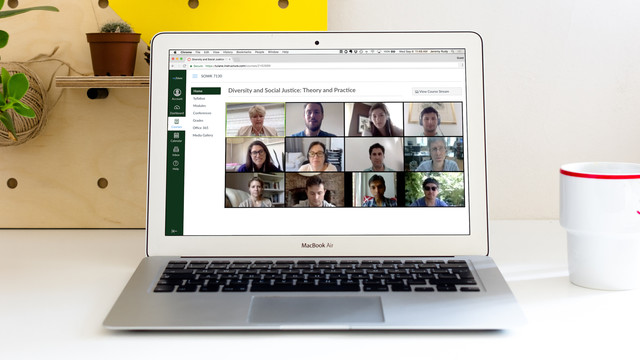What impact will you make?
Interested in learning more about Tulane University’s School of Social Work?
Online DSW
Become a Leader for Social Change
Tulane University’s School of Social Work has a century-long commitment of training social workers and empowering leaders to serve in diverse communities in New Orleans. In an effort to maximize the impact within Louisiana and beyond, Tulane established the online Doctorate in Social Work to help practitioners seeking a path toward leadership have the opportunity to continue their education and goal of creating a more equitable world. Students prepare for executive-level positions through a curriculum developed to foster the critical thinking skills that are necessary to design, evaluate and implement effective programs and policies. One of the first to be accredited by the Council on Social Work Education (CSWE), the Online DSW program is designed to create responsible professionals who are competent in the research, policy, theory, and practice of social work. The program is unique because students learn from faculty and peers who have firsthand knowledge of living and learning with the people and communities in the resilient city of New Orleans. While maintaining their current professional and personal responsibilities, students can continue to learn and study in a learning environment that is flexible, adaptable, and individually focused.
Number of Credits:
56
Est. Time to Complete:
3 years
Key Dates and Deadlines
Please contact our enrollment team at onlinedsw@tulane.edu or (504) 252-0883 to learn more about upcoming DSW online program dates and deadlines.
Fall 2025
Online DSW Degree Goals
The Tulane University School of Social Work’s Online DSW program:
Trains students to have an in-depth mastery of a selected area of scholarship directly relevant to social work practice, including social welfare policy and services

Teaches students to use evidence-based decisions to design, implement, and improve the quality of social services
Equips practitioners with a deeper understanding of the critical thinking required in reviewing secondary research and the research methods needed for program evaluation
Provides additional training for those clinicians who want to extend their expertise into program management, applied research, nonprofit leadership, or university-based teaching

Program Details
Tulane University’s School of Social Work has been a leader in the field for 100 years, and by enrolling in this program, aspiring social workers will learn the skills and tools required to bring positive change to communities across the world.
Full-time: Can be completed in as few as seven semesters or 3 years
Required DSW Program Coursework
We invite prospective students to review the required coursework here.


Flexible Curriculum Schedules and Settings
Designed with working students in mind, the DSW program offers flexible part-time and full-time curriculum schedules for on-campus and online students. Prospective students can explore sample curriculum schedules here.
Exceptional Graduate Outcomes
In a survey of recent DSW grads, 100 percent were employed in relevant fields, 31 percent received a raise or title change after graduation, and 97 percent said they would recommend Tulane School of Social Work. A third of our alumni make upwards of $105k a year — almost double the national average.
